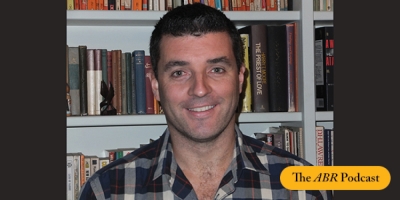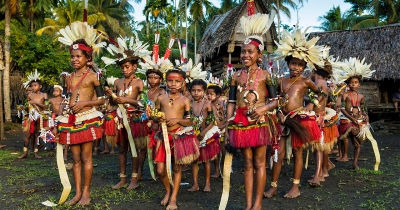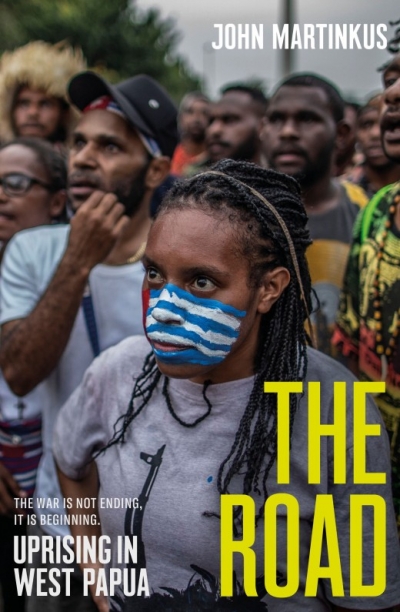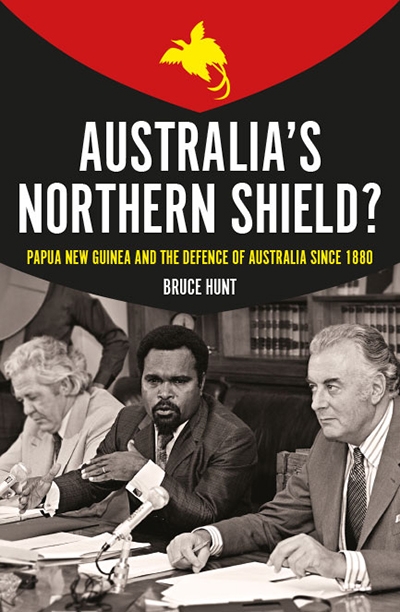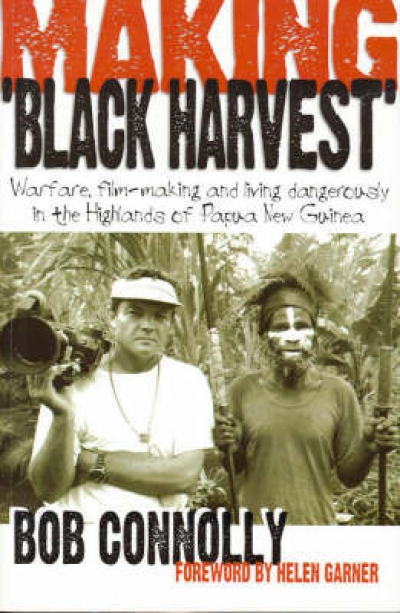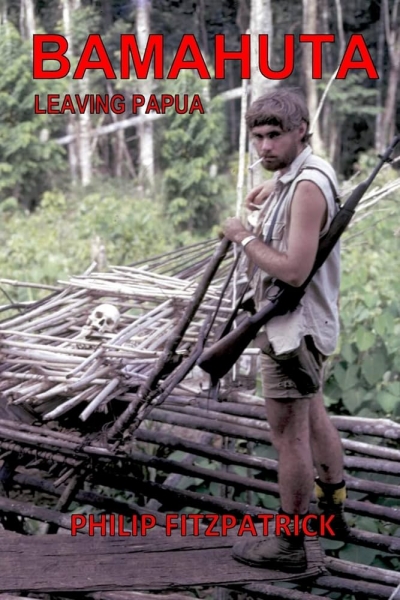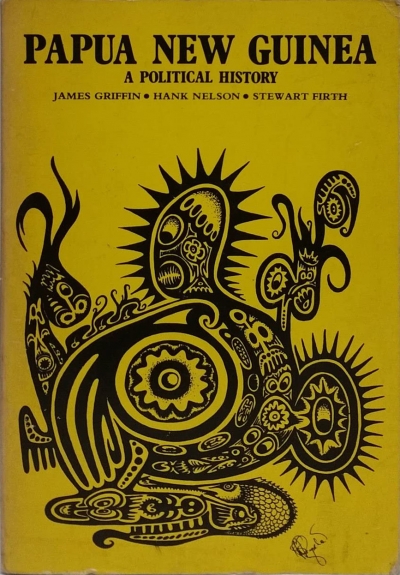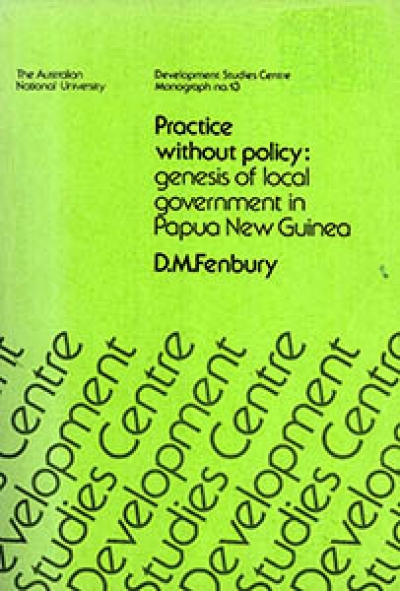Papua New Guinea
Sign up to From the Archive and receive a new review to your inbox every Monday. Always free to read.
Recent:
This week on The ABR Podcast, Seumas Spark takes us to Papua New Guinea, the country of his childhood. Spark describes returning to an independent PNG as an historian and tour guide, and the noticeable cooling of Australian attitudes to the place and its ‘intoxicating possibilities’. Listen to Seumas Spark’s ‘Drinking from coconuts: When Australians weren’t scared of Papua New Guinea’, published in the October issue of ABR.
... (read more)Everyone gets at least one lucky break in life, or so the saying goes. For me, one of the luckiest was a childhood spent in Papua New Guinea (PNG). In 1966, my father left Melbourne for what was then the Territory of Papua and New Guinea, prompted by curiosity and the opportunity to work on kuru, a fatal neurogenerative disease affecting the Fore people of the Eastern Highlands. My mother joined him two years later, in 1968, and in PNG they remained until 1990.
... (read more)

